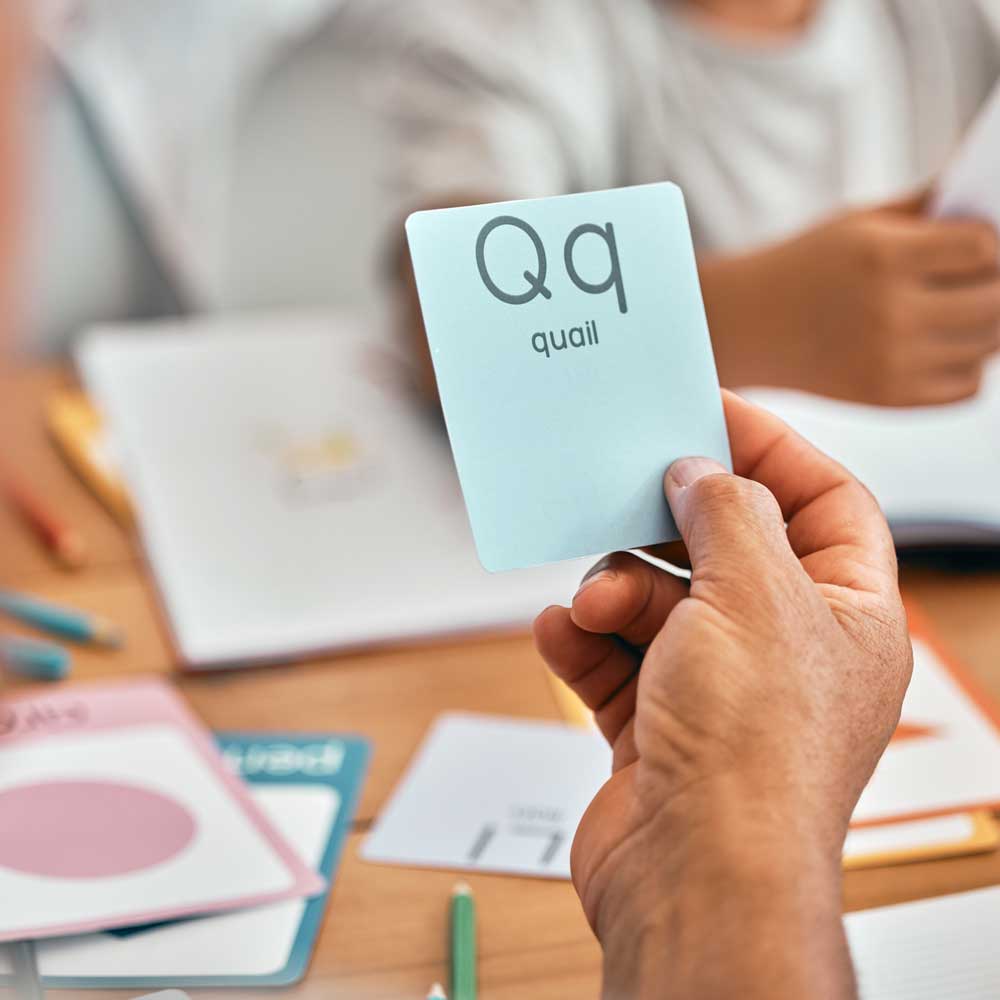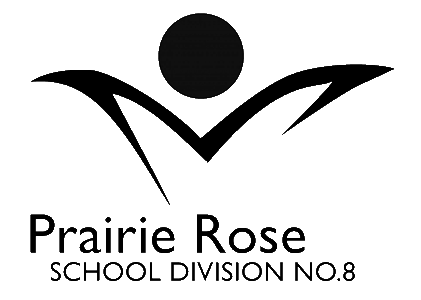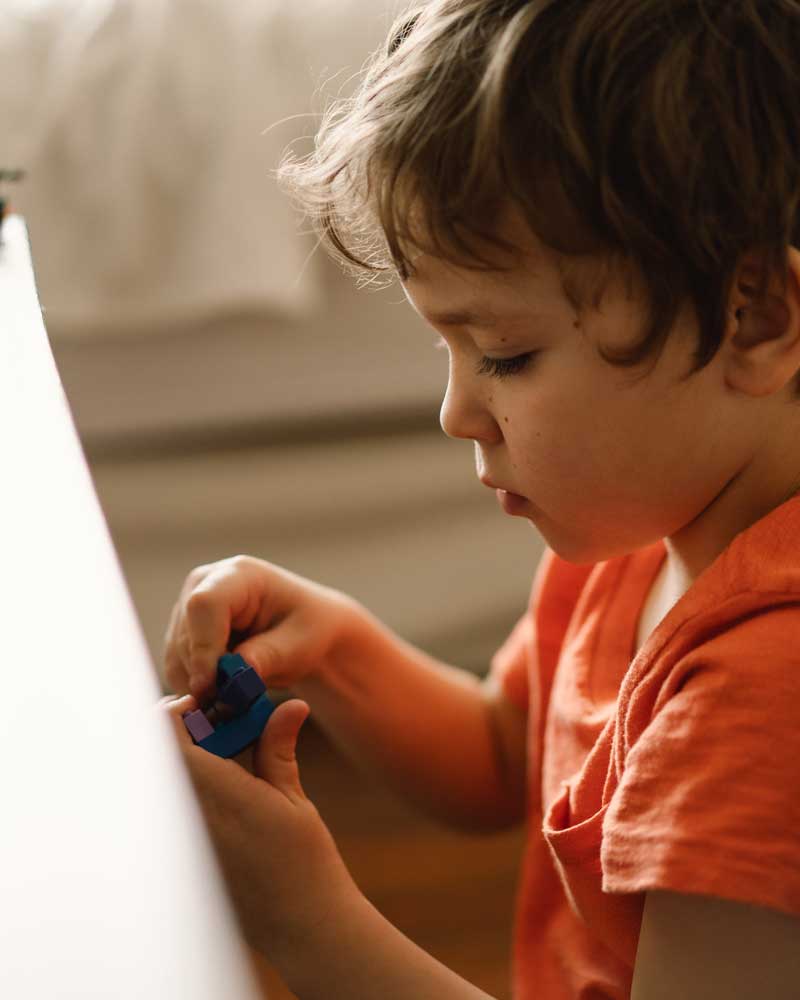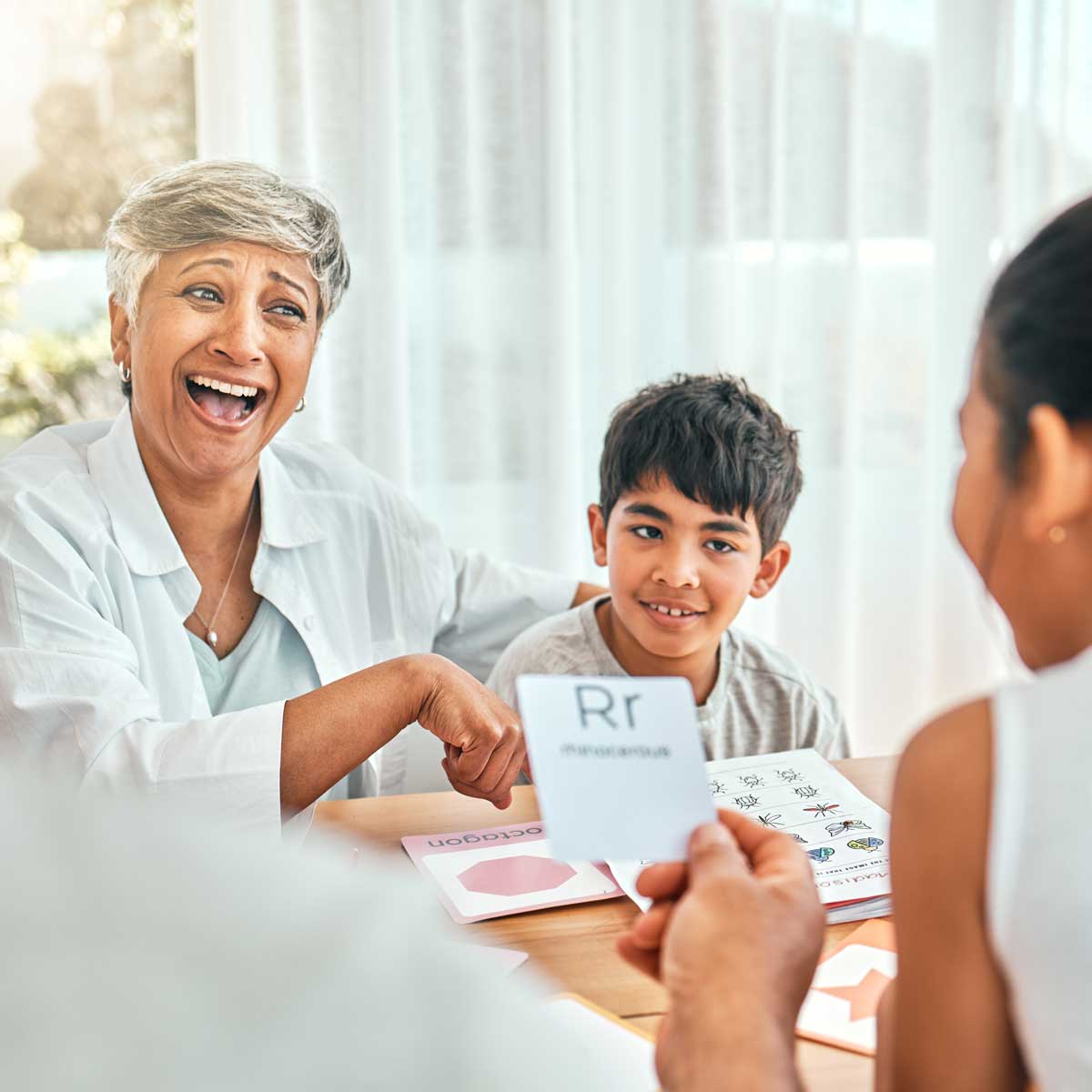Helping children grow to their learning potential
PLAY ON WORDS: Speech & Language Services (POW) is a team of dedicated professionals who work with children and their families.

Registered Speech and Language Pathologists
Supporting children of all ages using fun and engaging activities







Education Partners








years of combined experience
We are committed to Evidence Based Practice and love serving families in the Medicine Hat community as well as in virtual settings.


SERVICES
What We Do.
We offer professional services to assess, diagnose, and treat communication disorders including:
- Speech and Articulation
- Childhood Apraxia of Speech (CAS)
- Expressive and Receptive Language
- Late Talkers
- Literacy (Phonemic/Phonological Awareness)
- Stuttering
- Social Skills and Play
- Autism Spectrum
- Assistance to Families
We believe in Early Intervention for best outcomes


We work closely to collaborate with team members, especially parents and educators, to provide consistency in all environments
Parent resources
Play
“Play is really the work of childhood”
-Fred Rogers
PLAY IS THEIR JOB
Play is important for turn taking and joint attention.
- Engage and be present with your child during play.
- Follow your child’s lead during play.
- Use self-talk to describe what you’re doing or thinking when you’re making a plan.
- Use the “one up” principle. If your child typically uses one-word utterances, step up and use two words. If your child says, “nana”, you can respond, “yummy banana”, “eat banana”, or “banana mushy”. If your child uses two words (mommy go), step up and use three words (mommy go work).








Parent resources
Recast
Recasting is offering a “fix” or indirect correction for a mistake.
When a child says an error, we say it back correctly with a bit of emphasis on the correction. Be sure to add reinforcement too.
If your child says, “I love pi-er man”, you can respond, “yes, ssssspiderman is strong”. Try to recast several times in different ways. “Ssssspiderman saved the day. Sssspiderman is my hero. Who else is your hero?”
Parent resources
Read
When in doubt read….read, read, read EVERYDAY
Listening and speaking are the foundation for later reading and writing.
Children with speech and language delays/disorders are more likely to have literacy problems than children without.
Books help improve attention and focus, vocabulary, concepts, visual scanning, sequencing, taking the perspectives of others, and understanding a story framework. Go beyond the print to share similarities and background knowledge. Parents know their child better than anyone and can expand on experiences. While reading Brown Bear, Brown Bear, you may link to the cat you saw in the alley or the purple decorations at the party. Use words like, “I wonder what’s going to happen next?” Reading the same books over and over may seem boring to adults, but it gives the child an opportunity to take risks to “fill in the blanks” (Brown bear, what do you xxxx?) or to expand ideas.
Nursery Rhymes and Songs also improve a child’s language development by exposing them to sounds and patterns that make up words. Clapping, listening, and filling in the blanks to predict predictable patterns improve with repetition.




ONLINE RESOURCE
Useful links


-
The Hanen Centre
Helping you help children communicate
-
Apraxia Kids
Helping Kids Find Their Voices
-
Autism Alberta
We provide services for ALL disabilities!
-
Mommy Speech Therapy
Free Resource Blog
-
No Time for Flashcards
Activities for 1-3 year olds
-
Teach Me To Talk
Helping Parents Teach Toddlers
-
Raising Children Bilingually
PDF Resource
-
Reading Rockets
Launching Young Readers
-
PBS Kids
Reading Games
-
ABC Life Literacy Canada
Empowering Adult Learners
CONTACT
How we can help
Currently not taking NEW clients
If your child attends one of the following schools and would like to contact your Speech Language Pathologist, our team can be reached by the form below or by email:
playonwordsspeechandlanguage@gmail.com
Parents and educators know your child best.
Your child may benefit from an assessment with a Speech and Language Pathologist if you are concerned with your child’s ability to:
- follow directions
- express his/her thoughts and ideas
- find the right words
- use longer sentences
- retell stories
- interact during play
- be understood by others

Niagra Children’s Centre
Developmental Milestones
If you are concerned with your child’s communication skills, based on the information below, please contact us for a screening.
- use 50-150 words
- combine 2 words (e.g., “more juice”, “hi daddy”)
- understand at least 300 words
- respond appropriately to yes/no questions
- hold books the right way up and turn the page
- use about 250-350 words
- be understood by at least some familiar adults, other people may have a hard time understanding them at times
- understand about 500 words
- follow simple two-step commands (e.g. “get your coat and wait at the door”)
- be able to answer simple “who?” and “what’s that?” questions
- understand position words such as in, on, under, up & down
- use about 1000 words
- talk in short sentences (3-5 words), that are not always grammatically correct (e.g.,“I eated it”)
- use plurals (s), “ing” endings, prepositions (on, in, under) and negatives (won’t)
- put end sounds on the end of words (e.g., dad)
- be understood 90% of the time
- follow two step commands (e.g., “take off your shoes and put them in the closet”)
- answer “where?” & “what’s he doing?”
- be improving grammar to include: personal pronouns (e.g., I, you, my), plurals, early negatives (e.g., don’t, can’t, won’t)
- pronounce f, k, g, s accurately in words
- by 3 years 9 months grammar continues to improve to include: is/are; he, she, they; and possession (e.g., boy’s)
- have a vocabulary of at least 2000 words
- begin to use longer sentences (4 or more words) that include “adult-like” grammar (e.g. “he isn’t there”)
- be able to re–tell recent events with logical sequence
- be able to answer more complex questions (e.g., “what do you think will happen next?”)
- pronounce l, sh, s–blends accurately in words
- follow 3-step commands (e.g., “get your boots, put them on, and go outside”)
- follow instructions without the object being present
- be able to listen to stories for at least 15 minutes and remember details
- enjoy simple, silly jokes
- use sentences that sound almost like an adult
- be able to participate in a conversation
- be able to use all sounds with the exception of “s/z”, “th” and “r”
- understand long verbal directions (e.g., “when grandpa arrives, tell him I’m outside and help him with his suitcase”)
- point to basic colours
- enjoy jokes and riddles
- love to listen to stories, may act them out
- understand many descriptive words (e.g., soft, hard, tallest, shortest, long, short, top, bottom)
Send Play On Words a
